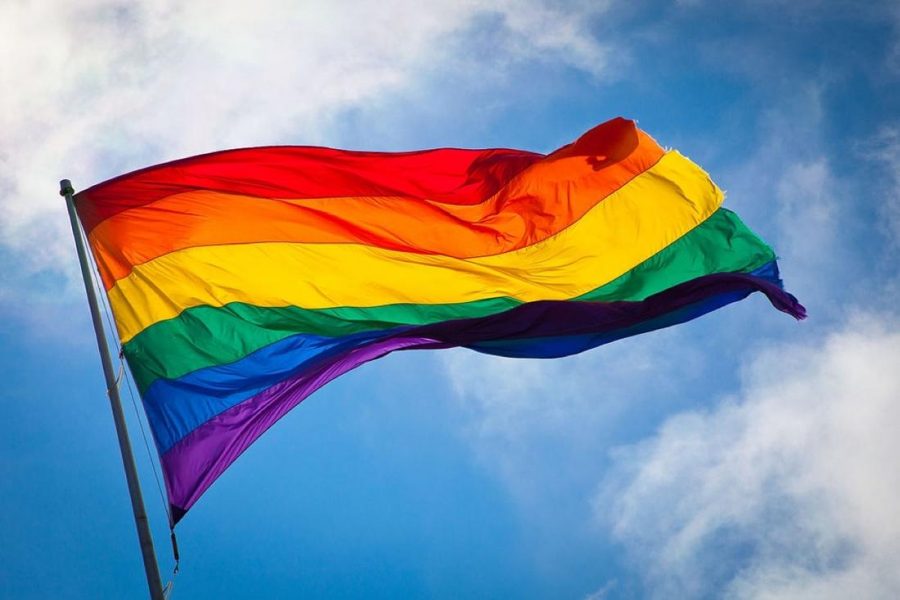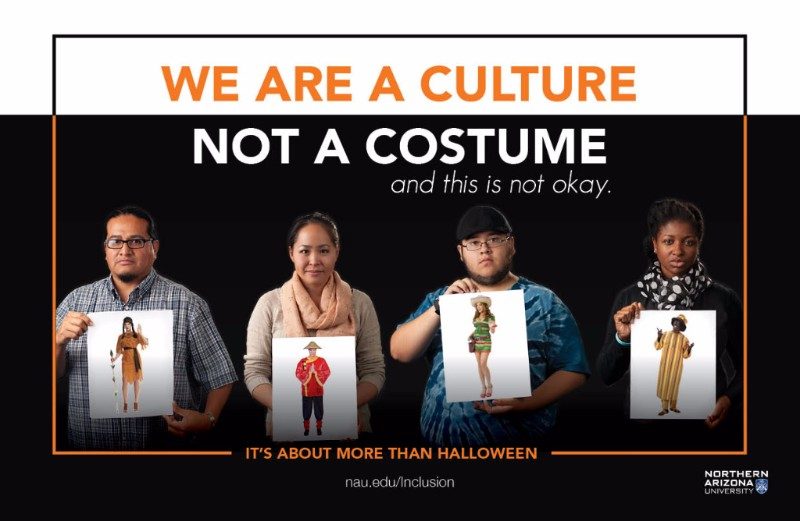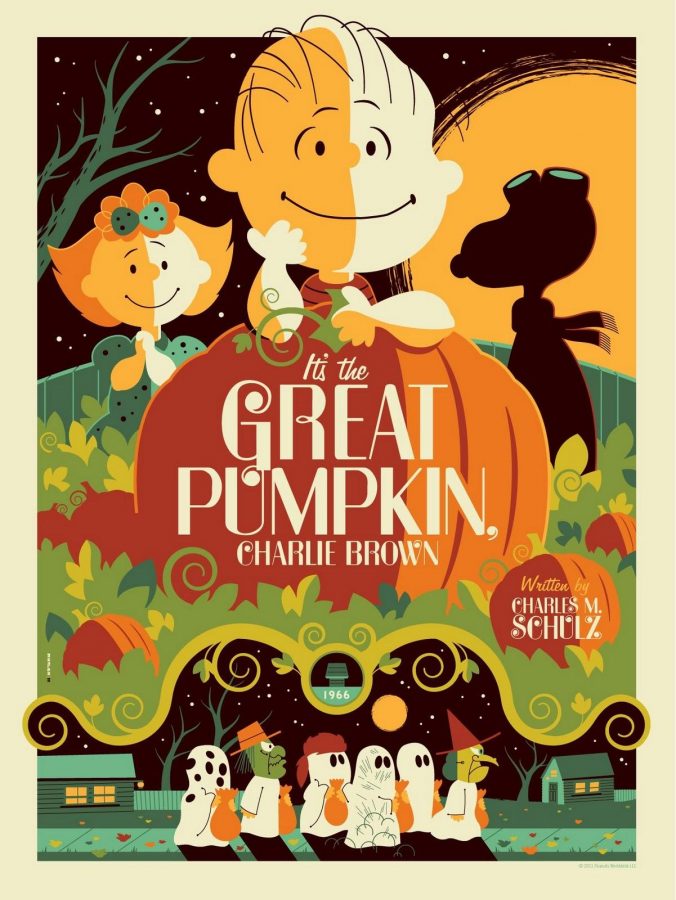A biweekly column addressing students’ health questions from office of Health, Wellness, and Recreation.
Dear Wellness Ambassadors,
Whenever I am stressed from school, I tend to crave really sugary foods, but they don’t always leave me feeling that great. Why does this happen and do you have recommendations for foods that would be better to eat when I’m stressed?
You are not alone! Many people reach towards sugary foods when stressed because sugar laden treats offer short-lived gratification. We often reach for these kinds of foods because they are convenient and taste good. Sugar lights up the reward centers in our brain, and current research does suggest that sugar seems to counteract the effects of cortisol, our stress hormone, providing a temporary calming effect.
So what’s the problem, if it actually helps? First, one problem with sugary foods is that they spike our blood sugar levels only to cause them to plummet a few hours later. This leaves you feeling tired and dull — not what we want to feel like when we’re stressed.
We also know that people with a sugar addiction often neglect eating more nutrient-rich foods. Finally, excessive sugar consumption has been linked to many chronic diseases like heart disease, diabetes, and metabolic syndrome.
But don’t fret! There are many alternatives to sugary foods that will nourish your body and help fight stress. Here are a few:
Dark leafy greens contain magnesium which help to lower the stress hormone, cortisol. The aromatic scent and the warmth of tea can be calming during times of stress. Oatmeal is a satisfying meal that is filled with healthy carbohydrates which can help the brain make serotonin, the same substance regulated by antidepressants.
A recent study at UCLA revealed that consuming probiotic yogurt reduced brain activity in areas that handle emotion and stress. Also, the omega-3 fatty acids in salmon have anti-inflammatory properties that may help counteract the negative effects of stress hormones.
And, if you do find yourself reaching towards a sweet treat now and then, don’t beat yourself up. Everything in moderation is key!
Dear Wellness Ambassadors,
I got my HPV vaccine when I was younger, but now I heard there is a new version of the vaccine that covers for more strains of HPV. Do I need to be revaccinated?
You are correct that there is a new verson of the HPV vaccine. The previous form of the vaccine covers four strains of HPV, which, according to the CDC, account for 90 percent of all genital wart infection and protects from the types of HPV virus most likely to cause cancer. The good news is that as long as you completed the three-shot process that is required for the HPV vaccine, you should have this level of protection.
If you are unsure about whether or not you received all three shots and completed the vaccination, check with your healthcare provider. According to the CDC, the vaccine is typically given to girls at ages 11 or 12, but can be given as young as 9 years old and up until 26 years old. It is typically given at a young age because it has been shown to be more effective when given before women become sexually active.
The new form of the vaccine covers an additional five strains of HPV, which accounts for about an additional 15 percent of cervical cancers. According to UpToDate®, which provides evidence-based, physician-authored resources to clinicians to help make the right clinical decisions, “re-vaccination with the 9-valent vaccine is likely not warranted for individuals who have completed a series with a different HPV vaccine.” However, you should check with your healthcare provider for their individual recommendation.
Lastly, it is very important to remember that while the new vaccine protects against more forms of HPV, it does not protect you against all strains. Moreover, the vaccine is not 100 percent effective in all individuals. This means that all women should still be screened for cervical cancer starting at age 21, even if you have been vaccinated.



















